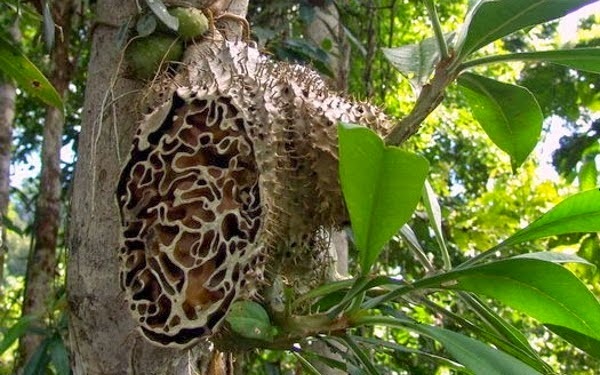BEIJING, China and Pakistan can conduct in-depth cooperation in tapping into the potential of medicinal plants, noted Prof Dr Yang Zhigang, Deputy Dean of the School of Pharmacy of Lanzhou University in China.
Pakistan boasts thousands of varieties of medicinal plants and the use of medicinal plants against diseases has a long history in the country. According to the relevant data, a large portion of newly approved drugs and supplements over the last two decades are of natural origin and they help generate a growing revenue for many countries.
However, Pakistan has fallen short on both health-related and economic use of medicinal plants. The country can turn to China for valuable experiences.
One of the lessons is to conduct a national survey on the resources and values of medicinal plants in Pakistan, Dr Yang, who conducted a field study of medicinal plants in the plant-rich Gilgit Baltistan province in 2017 told China Economic Net (CEN).
“With four national surveys of medicinal plants conducted and a wealth of books on medicinal resources, China has a lot to share in terms of determining and recording the medicinal properties of medicinal plants in Pakistan.”
According to Dr Yang, more emphasis should go to the basic research and the valuable products in medicinal plants.
According to reports, despite widespread folk use of medicinal plants, most of the medicinal plants in Pakistan have still not been evaluated scientifically to support their therapeutic effects against certain ailments. “China’s research prowess and its modern analysis techniques and equipment can be a booster for the use of medicinal plants in Pakistan,” Dr Yang said.
Collaboration between Chinese and Pakistani universities and research institutes in this regard has begun to take shape. A joint research project has been launched by the School of Pharmacy of Lanzhou University and the Pakistan Agricultural Research Council (PARC) to compare the active ingredients of several Chinese and Pakistani medicinal plants.
“By investigating the differences of Chinese and Pakistani medicinal plants in ingredients and efficacy, we can find areas for future cooperation,” commented Dr Yang.
Likewise, Lanzhou University and Peshawar University have built a joint lab to cultivate talents and conduct academic exchanges in medicinal plants.
With academic research and technologies in place, bilateral cooperation in medicinal plants can go even further.
“As the China-Pakistan Economic Corridor enters the second phase of high-quality development, the sector of medicinal plants will attract more public and corporate attention.
Pharmaceutical companies in both countries can work on selected medicinal plants and promote the industrialisation of medicinal plants,” noted Dr Yang.
Follow the PNI Facebook page for the latest news and updates.









